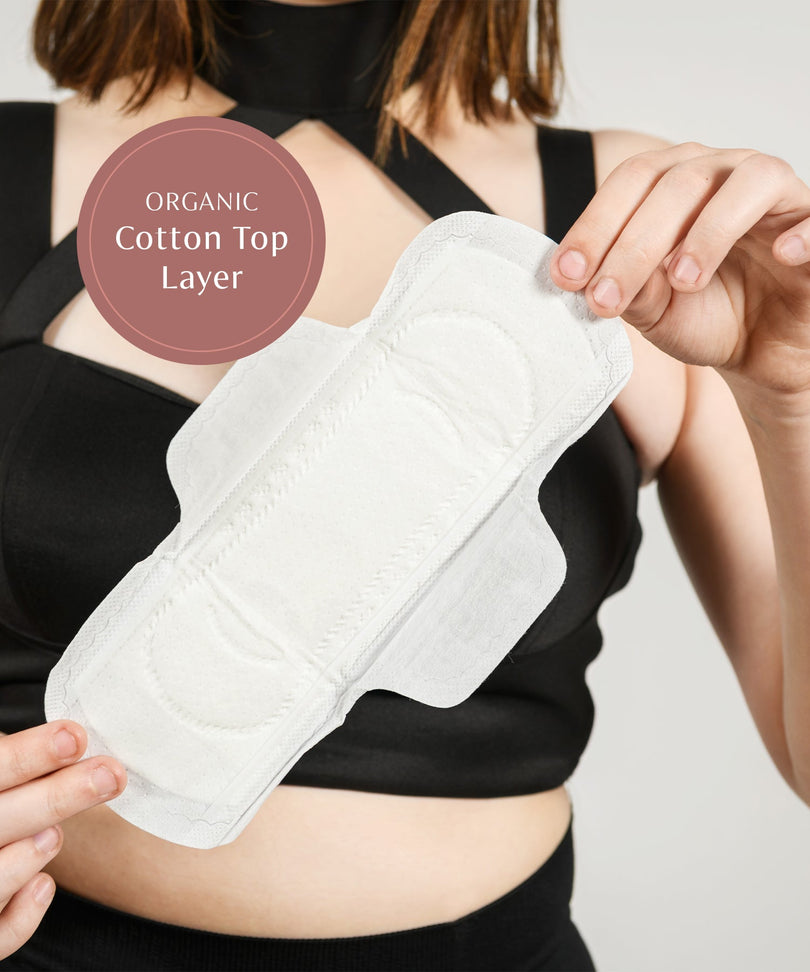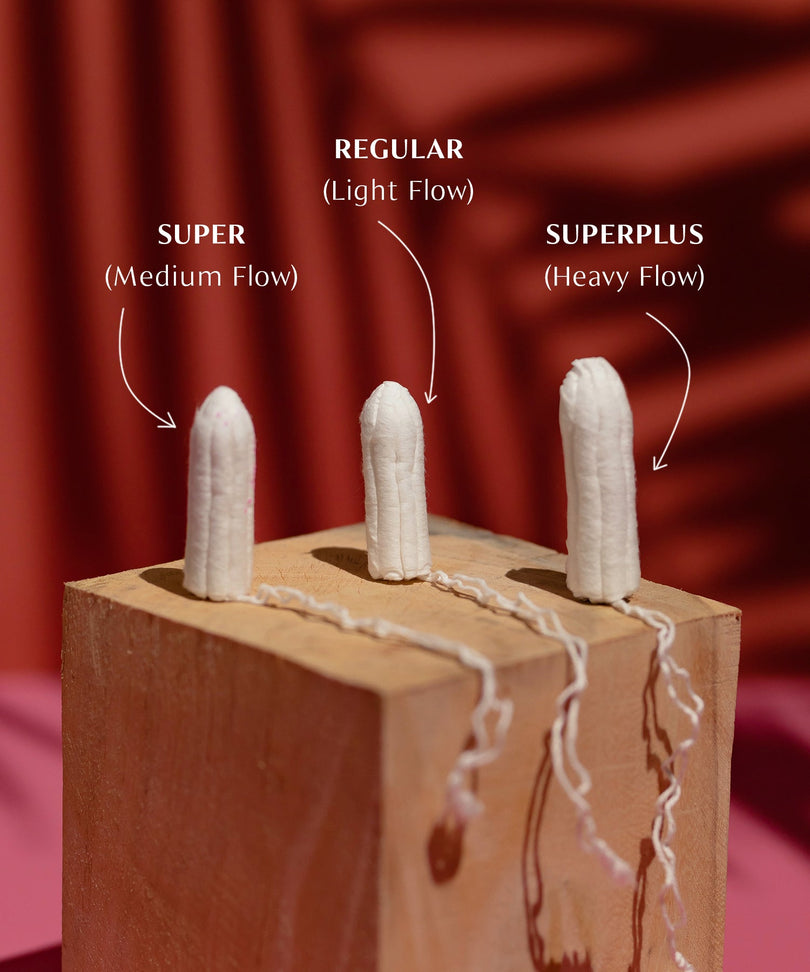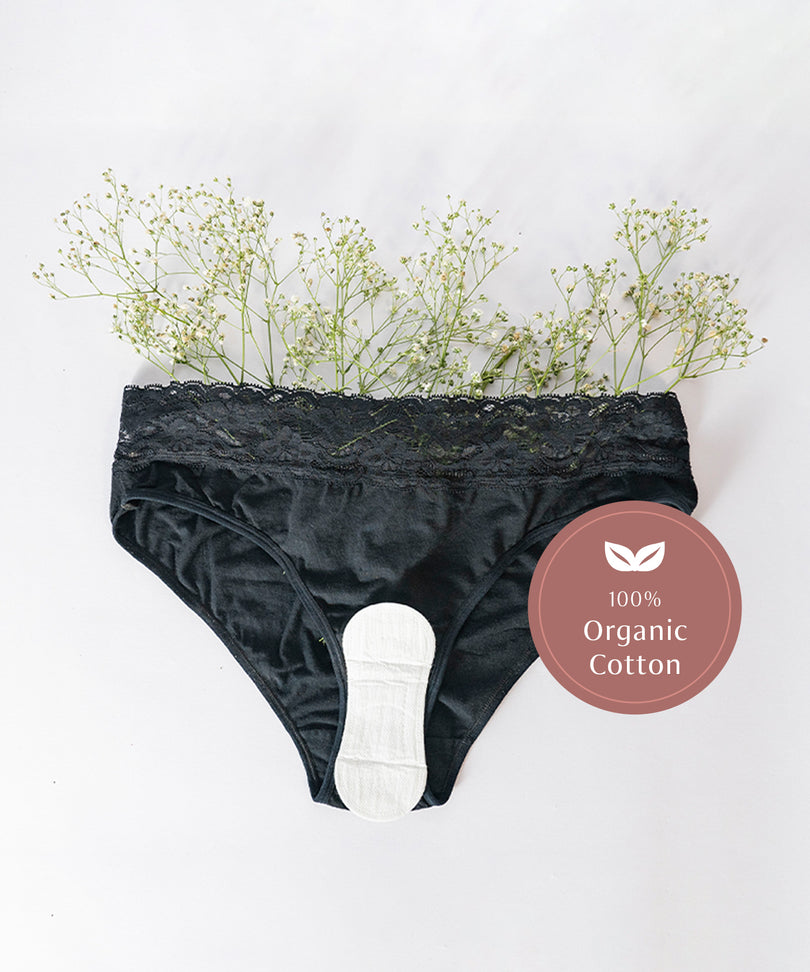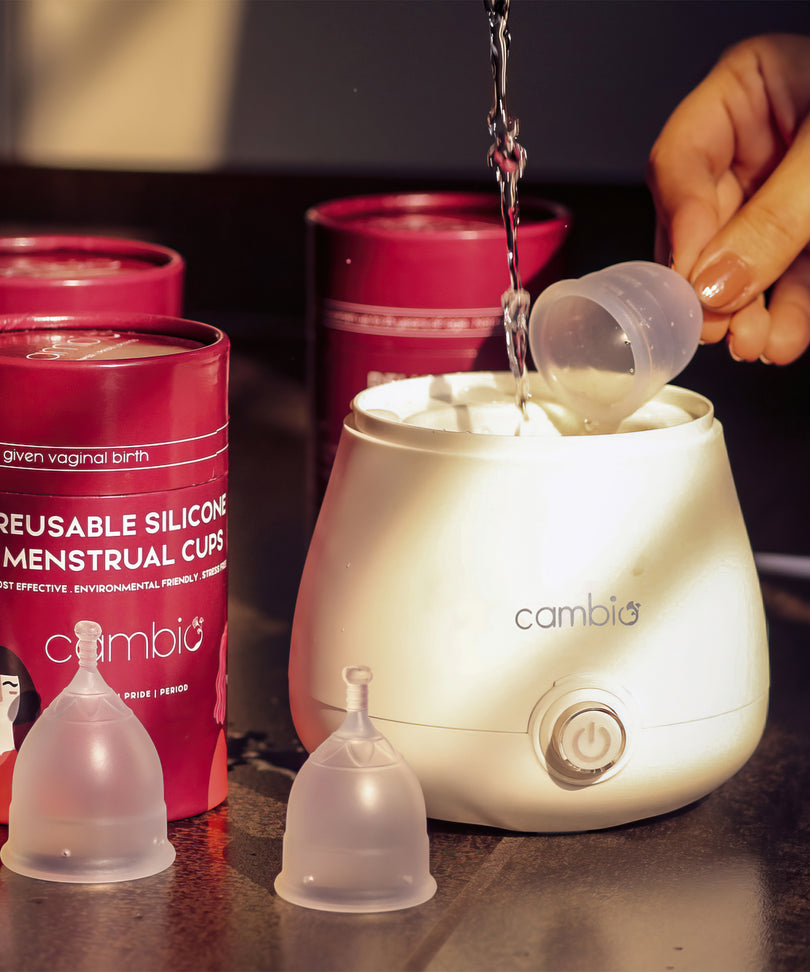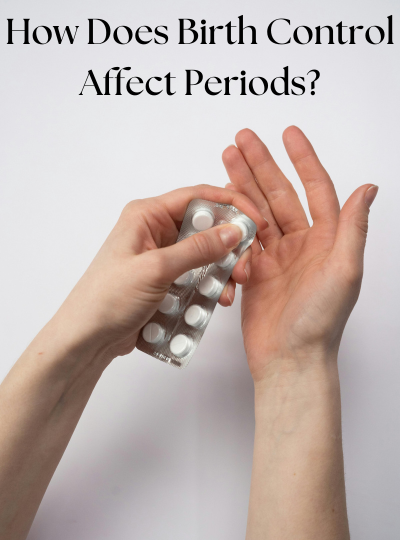What is Period Poverty?
Period poverty refers to the lack of access to safe and hygienic menstrual products, sanitation facilities, and menstrual hygiene education and awareness. This is commonly associated with lower-income, rural populations, however, period poverty is also prevalent in humanitarian crises among refugees and war victims. Even in developed countries like the UK, upto 10% of women were unable to purchases menstrual products in the midst of the pandemic in 2020.
Misinformation, myths, and taboos around menstruation hold women back from living to their full potential. High taxes are placed on menstrual products as if pads are luxury products when they should be considered essentials. Period poverty is therefore a multifaceted issue that requires coordinated efforts to resolve.
Statistics on Menstruation and Period Poverty
According to the National Family Health Survey - 5, in India:
- 1 out of 5 girls quit school every year from lack of access to safe menstrual products
- 40% of adolescent girls skip school when they menstruate
- 63 million adolescent girls live in homes without toilet facilities
- About 50% of women use cloth to manage their menses
- Women who finished 12 years of schooling are more likely to use hygienic sanitary products; 90% of women who finished 12 years of schooling used hygienic period products, while only 43.5% of women with no schooling used them
These data points clearly show that India has a long way to go in terms of facilitating proper and hygienic menstrual care among all women across economic and regional lines. There is a huge disparity in access to period care among the rural and urban regions of the country. While progress may take place in the metropolitan cities, what about the girls in rural Bihar or Madhya Pradesh who have to sacrifice their education because their environment reinforces the notion that menstruation is shameful?
Also - Nutrition and menstrual health
What causes Period Poverty?
- Misconceptions and Taboo - About 70% of Indian mothers consider menstruation to be a ‘dirty’ process. This notion of menstruation contributes to the lack of awareness about safe menstrual hygiene practices. Customs of isolating menstruating girls is still common in rural India, in which girls on their period are restricted to a room or private space and are not allowed to touch holy items or any food to be consumed by the rest of the family. There are also misconceptions regarding the use of menstrual products. In some cultures, insertion-based products like tampons and menstrual cups are looked down on as it is believed that they take away one’s virginity.
- Poor Standards of Menstrual Hygiene - In many parts of rural India, hygienic period care is non-existent. The combined lack of clean water, toilet facilities, and menstrual products makes it almost impossible for the women of rural India to take care of themselves adequately. Younger girls are also instructed by their mothers according to the resources they have access to. This leads to a vicious cycle in unhygienic period care practices, including the use of non-sterile cloth, not eating nutritious meals during menses, and not washing the genitalia adequately.
- Lack of Education and Awareness - According to a report by UNICEF 71% of Indian girls did not know about periods before their menarche. Experiencing your first period without knowing about the process of menstruation can be shocking and lead to fear and shame. This further contributes to school dropouts in rural India. The knowledge surrounding menstruation in certain parts of rural India is more centered around customs and myths instead of biology and hygiene.
- Pink Tax - In some developed countries, like the US, women’s products are sold for a higher price than their counterparts for men, especially for personal care products. When period products are made less affordable due to high taxes, they become less affordable for low and middle class women to consistently purchase.
- Humanitarian Crises - War, genocide, natural disasters. These can impact the lives of everyone involved drastically. According to the UN Women’s report on Gaza more than 540,000 women and girls of reproductive age lacked access to resources and products to support their hygiene, health and dignity.
Also read - Puberty celebration in India
How does Period Poverty affect people?
- Health and Hygiene - The major effect of period poverty is the increase in the risk of contracting diseases due to poor menstrual management. Using cloth, rags, toilet paper, newspapers, or used menstrual products puts menstruators at a higher risk for developing infections, especially urinary tract infections and bacterial vaginosis.
- Education - When students skip classes or even drop out because they are not able to manage their menstruation properly, it hurts their chances of getting ahead later in life. By not finishing their schooling, girls in rural India are more likely to preserve conservative notions about menstruation and pass them on to the next generation. Having to drop out can also affect one’s sense of self-esteem and control
- Work - When women are not able to manage their periods easily and effectively, they risk losing out on work opportunities. Women who are employed on a daily wage basis will have to lose out on their earnings during their period.
How can we end Period Poverty?
- Raising Awareness - Information on safe menstruation management needs to become common knowledge amongst the general population. Young girls should be prepared in advance for dealing with their periods.
- Challenging Taboos - Backward practices that oppress menstruators should be openly challenged and questioned. When menstruation is viewed based on physiology instead of a lens tinted by ritualism and purity, women will be better equipped to manage their periods healthily and effectively.
- Encouraging Open Conversation Around Menstruation - Ideally, one should be able to talk about menstruation the way one brings up a cold or a fracture. Men should not be ignorant regarding the menstrual cycle but should know enough to understand their female companions. This can help smoothen a lot of interactions in households, schools, and workplaces.
- Sustainable Alternatives - The heavy reliance on disposable period products, even among the upper classes is a major contributor to period poverty. By promoting the use of reusable period products like the menstrual cup, reusable cloth pads, and period underwear as one-time investments, the total expenditure on managing periods can be cut significantly. It should be kept in mind that one needs clean sources of water to properly clean and maintain reusable period products.
Read more

